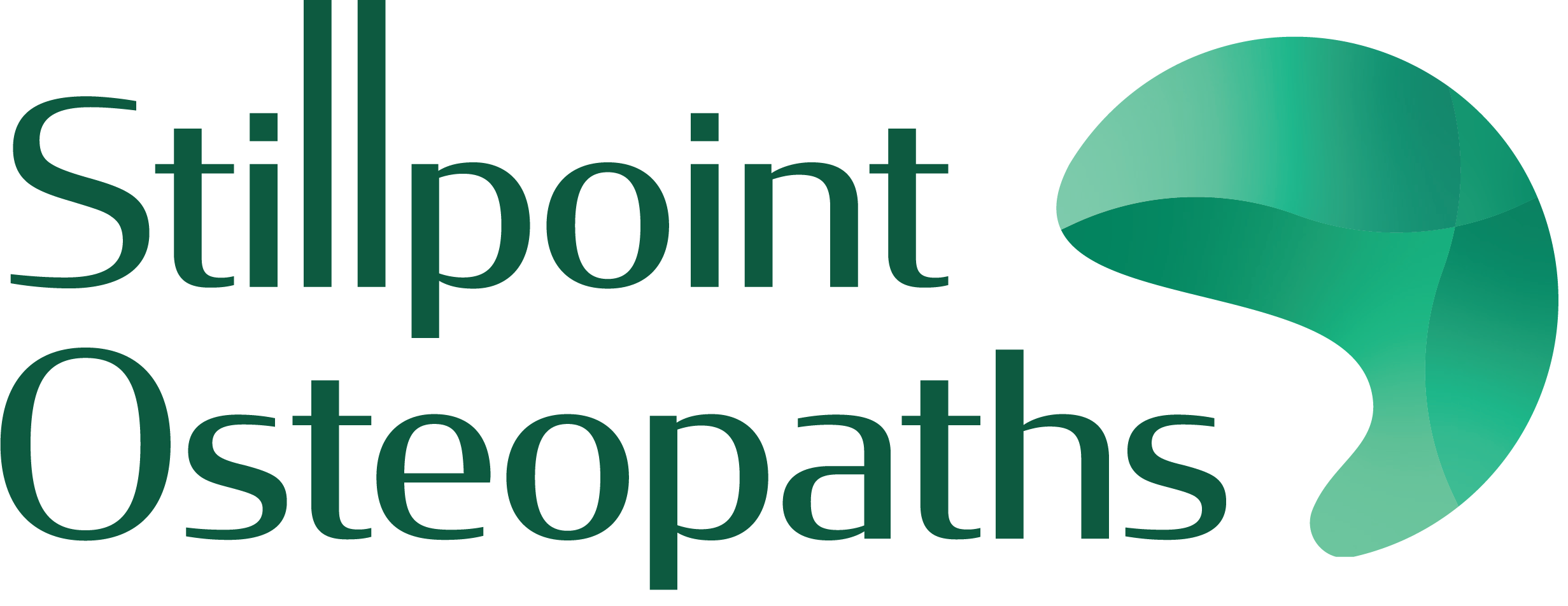Osteopathy’s Role in your Emotional Health
Mike King, Kiwi Bank 2019 New Zealander of the year, has recently made headlines for his work with increasing awareness about mental health especially with
This is a well-known term for an injury occurring to the neck due to acceleration with rapid deceleration. This can occur commonly with rear end and side car motor vehicle accidents. It is not isolated to car accidents, similar forces can occur during diving injuries or other sporting injuries, and physical abuse, which have sudden impacts that cause backward bending which can damage the tissues of the neck.
The correct term for this injury of the neck is Whiplash Association Disorder (WAD) and it is classified from Grade 1-4 depending on the symptoms that you develop.
The symptoms range from:
1. Neck pain, possible arm pain and stiffness that can limit your ability to function fully.
2. Jaw tightness and pain.
3. Loss of range of motion of the neck so it becomes difficult to turn head to reverse the car or neck movements causing sharp pain.
4. Tingling and or numbness and or weakness in the arms, oversensitivity to cold like wind or cold water, oversensitivity to light touch.
5.Headaches often located at the back of the skull area, top of the neck and can also be felt in the front of head and behind the eyes.
6. tenderness to the touch and or pain in the shoulder, upper back, chest and arm region.
7. Dizziness especially often associated with neck movement.
Less Common Symptoms:
1. Difficulties sleeping, often related to not being able to get into a comfortable position and pain levels at night. This also leads to fatigue and mood changes. Irritability can also creep in.
2. Visual disturbances like blurring which can make those suffering from this uncomfortable to drive safely or work with a computer easily.
3. Ringing in the ears seems unusual but can relate to the disruption and injury to tissues of the neck and base of the skull.
4. Pain levels can impact their ability to concentrate and can impact memory.
5. Some patients can develop post traumatic stress disorder or depression.
The dynamics and forces of car accidents or other impacts can at times cause the muscles, ligaments, fascia’s, capsules of joints, nerves and arteries to stretch beyond their normal range. Being over stretched in that manner can cause small or large tears, swelling, hematoma (rare) which is bleeding in the tissues.
It is difficult to image the trauma that is caused in the tissues however X rays can rule out major fractures and dislocations, and MRIs show more clearly soft tissues damage like the intervertebral discs, nerves, muscles and ligaments and instability etc.
Osteopathy’s Role in your Emotional Health
Mike King, Kiwi Bank 2019 New Zealander of the year, has recently made headlines for his work with increasing awareness about mental health especially with
I often feel incredibly privileged as an Osteopath when I get the opportunity to place my hands on a newborn infant and share their family’s
In response to demand over the last few years, we are pleased to report that we will be open for business on selected days over
Keeping your children off the benches and in the game
Winter sports have ended, and the October school holidays are a welcome rest to the preteen and teenage joints and ligaments. If your kids are
For those of you who are experiencing chronic pain. This is a nice clip that explains what you may be going through and offers advice on ways to cope and to always seek help.
